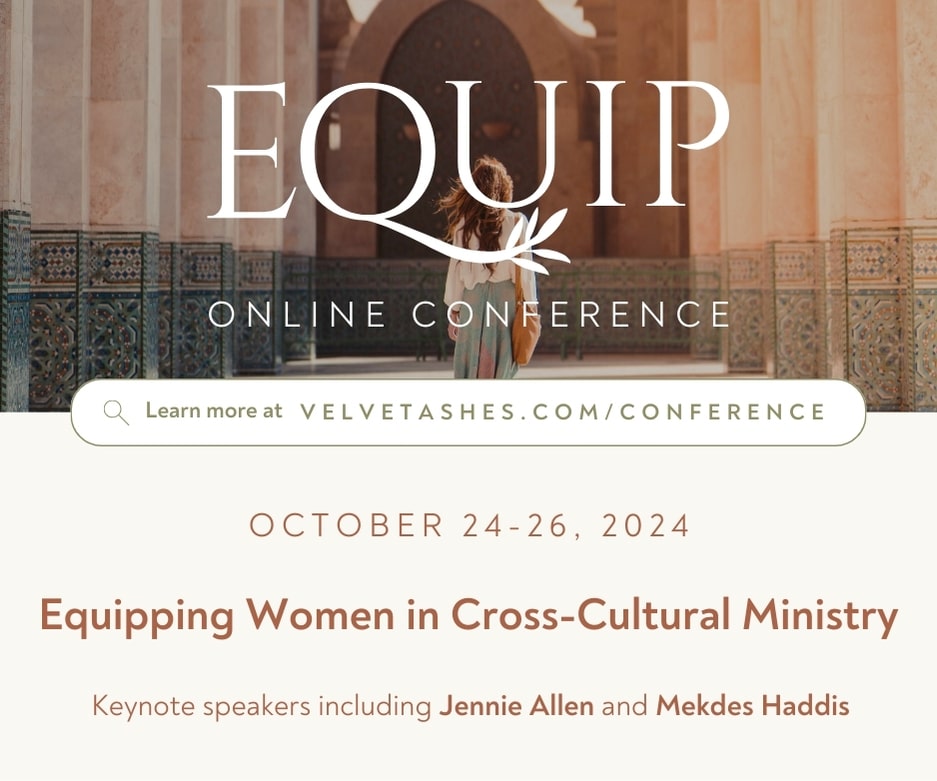EMQ » April–July 2024 » Volume 60 Issue 2

Summary: The world is changing as people from around the world work together side-by-side. Mission organizations must adapt to accommodate changing dynamics. Improving organizational cultural intelligence is key to sustaining diverse and inclusive teams that can effectively engage in today’s mission environment.
By Luke Lundstedt
The shift in global mission to a from everyone to everywhere paradigm has introduced a new level of complexity to global mission organizations.[i] Today, leaders and staff need to know how to cross many diverse cultures often simultaneously. The ability of an organization to do this effectively is known as organizational cultural intelligence (OCQ).
The concept of cultural intelligence (CQ) was first developed in research by Earley and Ang[ii] and later gained public attention through the book Leading with Cultural Intelligence: The Real Secret to Success by Livermore.[iii] Just like IQ (Intelligence Quotient) measures a person’s reasoning and problem-solving ability and EQ (Emotional Intelligence) measures the ability to understand, use and manage emotions in positive ways, CQ is a way of measuring a person’s ability to function and manage effectively in diverse cultural settings.[iv]
OCQ goes beyond the cross-cultural ability of individual leaders and staff to focus on the capability of the organization itself to operate effectively across multiple cultures and countries at the same time. It has been hailed as a key competency for organizational success.[v]
Member-Only Access
Evangelical Missions Quarterly (EMQ) is available to Missio Nexus members as a member-only benefit or as a digital subscription.
Please login to gain access or join Missio Nexus!





